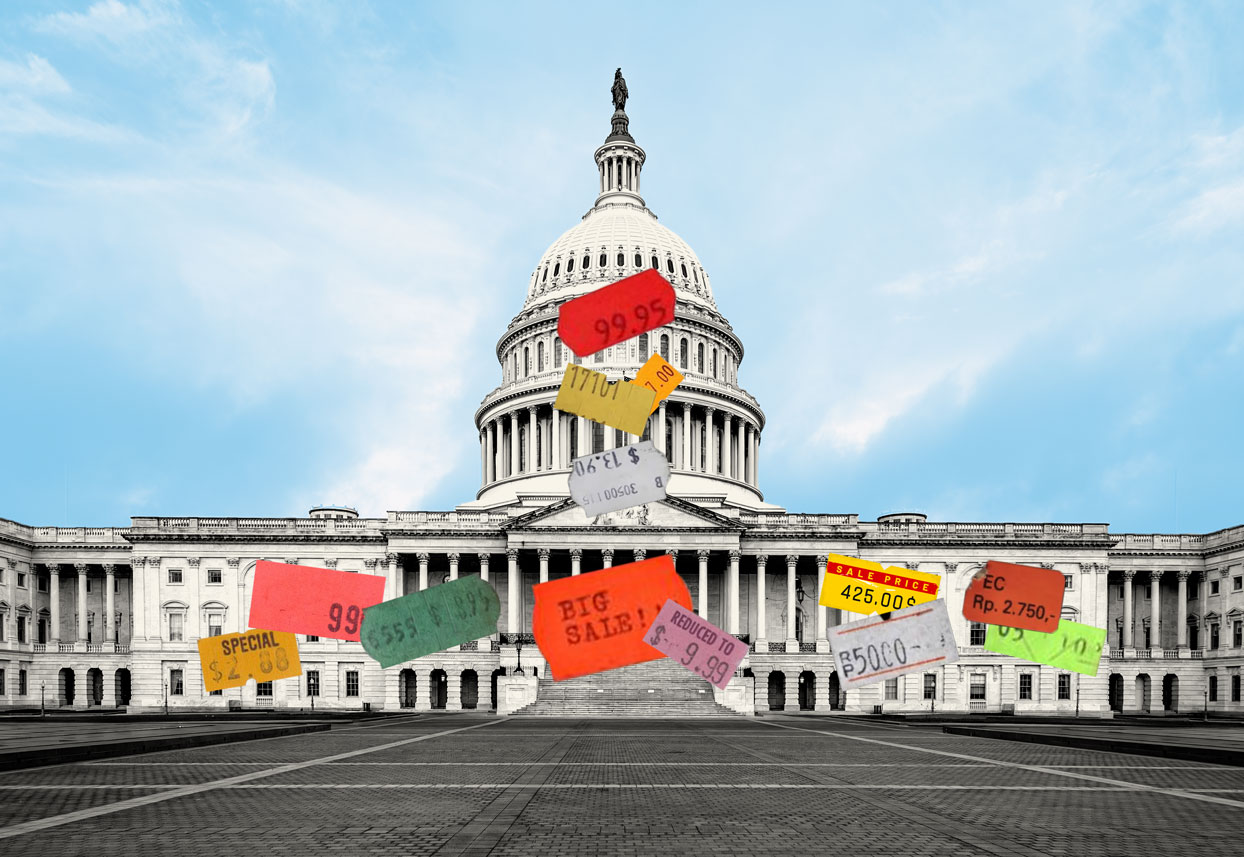Trump signs executive order banning use of technology posing a national security risk
President Trump signed an executive order Wednesday banning the purchase or use of technology that poses a national security risk. The order did not specifically mention any countries or companies, but it would especially affect the Chinese telecommunications company Huawei.
"This Executive Order declares a national emergency with respect to the threats against information and communications technology and services in the United States and delegates authority to the Secretary of Commerce to prohibit transactions posing an unacceptable risk to the national security of the United States or the security and safety of United States persons," White House press secretary Sarah Sanders said in a statement. The order lands amid intensifying concern among U.S. intelligence about the vulnerability of networks that rely on Huawei components.
The U.S. government fears that technology developed by Huawei could be used by the Chinese government to spy. Huawei's founder and president, Ren Zhengfei, denied the allegations in an interview with "CBS This Morning" in February.
"We never participate in espionage and we do not allow any of our employees to do any act like that," he said. "And we absolutely never install backdoors. Even if we were required by Chinese law, we would firmly reject that."
Chinese Foreign Ministry spokesman Geng Shuang said Wednesday that the United States had been "abusing its national power" to "deliberately smear" Chinese companies, according to Reuters.
"This is not honorable, nor is it just," Geng said.
Huawei Chief Financial Officer Meng Wanzhou, who is under house arrest in Canada after being detained in December, is still facing extradition to the U.S. on charges of bank and wire fraud and conspiracy.
The executive order comes at a tense time for China and the U.S., as the two countries are engaged in an escalating trade conflict. Mr. Trump boosted U.S. tariffs to 25 percent on $200 billion of imported Chinese goods. As promised, China on Monday struck back, vowing to raise its tariffs on $60 billion in U.S. goods from coffee to batteries to spinach, effective June 1.
Olivia Gazis contributed to this report.



